Now, fortunately, this is not yet the case, and I sincerely hope that it will not be. You see, Von der Leyen, that is why I say that she is behaving as if she were the president of a United States of Europe, because she is promising the US president energy purchases, while the European Commission cannot buy energy, and she is promising the US president investments, while the European Commission cannot make investments. She is promising soldiers, even though the European Union has no army, so this is a complete imperial fantasy on the part of Ms. Von der Leyen, and it is very damaging to Europe. It is clear that other Brussels officials, such as the High Representative of the European Union for Foreign Affairs, are also following this line, because we regularly encounter the proposal at the Foreign Affairs Council meeting that the European Union's military training mission, which is currently being carried out on the territory of European Union countries, to Ukraine, so that European military trainers would go to Ukraine and train soldiers there, he said.
Then it's only a matter of time before we send soldiers with them, send this, send that, and eventually send troops. So clearly there is such an endeavor,
the minister said.
This shows that bringing Ukraine into the European Union would also mean bringing war into the European Union. Because if Von der Leyen and her colleagues want to send European soldiers to Ukraine, even though Ukraine is not yet a member of the European Union, just imagine what would happen if Ukraine were brought into the European Union. they would be bringing war-torn Ukraine into the European Union, which would mean bringing war into the European Union as well. Peter Szijjarto emphasized:
And then we would also be part of the war. That is what we do not want. If a Brussels puppet government is installed here, say in Budapest next year, then obviously that Brussels puppet government, since it will be controlled from Brussels, would rightly agree to such a plan, it would agree that Ukraine should be brought into the European Union, it would agree that soldiers, including Hungarians, should be sent to Ukraine, it would agree that Hungary should also be nicely dragged into the war. If we remain in power, this will obviously be impossible.
Yesterday, Viktor Orban mentioned this in his speech in Kotcse, saying that if Ukraine were a member of the EU and became involved in any armed conflict with Russia, the other member states would obviously have to rush to its aid. If Ukraine were a member of the EU, war would effectively come to the European Union. For years, the European Union has been saying that it does not want to send soldiers, only helmets, then only small weapons, then larger weapons, and now it is quite clear that soldiers are needed.
Sometimes we feel that we are alone in this, or we may feel that we are alone among those who dare to say that Ukraine has lost this war, but such news does appear in the Western pro-war press from time to time. For example, former French President Nicolas Sarkozy told Le Figaro that Ukraine is no longer capable of winning the conflict with Russia, and then goes on to explain that peace must be made immediately because there is no other solution and this fact cannot be reverse,
Szijjarto noted. He added: We have consistently represented this position for three and a half years, and when I look at yesterday's extremely sad news about the massive missile and drone attack on Kyiv, we see the victims, we see the destruction, and I cannot help but think that we predicted this would happen. This could have been avoided. The minister emphasized:
And let us remember that last July, Prime Minister Viktor Orban went to Kyiv. He went to Kyiv at the very beginning of Hungary's EU Presidency. And there he told President Zelensky to agree to a ceasefire as soon as possible and to start peace negotiations as soon as possible. The Ukrainian president's response was no, time is on his side, he will win, and therefore he will continue the war, obviously with Western help.
He added: That was more than a year ago now. If the Hungarian position, the position represented by the Hungarian prime minister, had been accepted at that time, many, many lives could have been saved. A great deal of destruction could have been prevented. But a year ago, they still held the position that time was on the Ukrainians' side, that the war must continue, and that Western support must be given to this end. I was sitting there a few weeks after the Prime Minister's peace mission in Brussels, where 25 people, apart from the Slovaks, spent hours insulting the Prime Minister, the government, and Hungary for taking a pro-peace stance. They said that this was the Kremlin's position, Putin's position, and that he wanted to prepare for Ukraine's capitulation.
Compared to this, what are Europeans saying today? Peace negotiations are needed and a ceasefire is required, which is exactly what we have been saying for 3.5 years, and exactly what we have been criticized for for 3.5 years. Well, in recent years, the words “peace,” “peace talks,” and “ceasefire” have been considered curse words in Europe, and if anyone tried to say them, they were immediately punched in the face, figuratively speaking. So the situation is that if the Hungarian position had been followed over the past three and a half years, all this destruction could have been prevented.
In an interview a few days ago, former Polish President Duda said that Volodymyr Zelensky had tried to drag Poland into the war with Russia. From the outset, they wanted to involve everyone in the conflict.
That's right, I think so too, in the strongest possible terms, in every way, through provocation, diplomatic means, and so on. So they tried to drag European countries, including Hungary, into it with every means at their disposal, because we are right next door, and perhaps it is easiest to drag us into this war. That is why it is very important what the outcome will be, and perhaps most importantly, what the outcome of next year's parliamentary elections in Hungary will be, because we are here, in Ukraine's neighborhood,
the minister stressed.
If the question is who is easiest to drag into a war, then geographical proximity obviously counts. So it is always easiest to drag neighbors into it first. And that is why we must constantly fight against being dragged into war. And I don't think people really understand yet how much pressure there is. Day after day, week after week, various European forums are constantly pushing us in the direction of becoming part of this war. And we have been fighting for three and a half years to prevent them from achieving this, as was stated in the program.
In contrast, Matyas Eorsi, a former SZDSZ politician, has claimed that the Hungarian government wants to provoke a military conflict with Ukraine. Peter Szijjarto responded to this by saying:
I sincerely hope that he did not mean it seriously. Let us leave it at that. In my opinion, it is unacceptable to speak in this manner about Hungary's involvement in a war or armed conflict. We may stand on opposite sides of the political spectrum and think whatever we want about each other, but I don't think it's right to talk about Hungary being dragged into war like this, because we are in an extremely dangerous situation. We are not talking about science fiction, we are not talking about fantasy, we are not talking about something that is thousands of kilometers away from us, we are not playing with ideas, we are talking about cold, hard reality. There is a war going on in our neighborhood, and it is clear that our neighbor is doing everything it can to make us part of that war.
He said: We must resist as strongly as possible and use every means at our disposal to ensure that our neighbor's efforts to involve us in his war are unsuccessful. And I believe that all such statements, including the one we have just heard from Eorsi, are dangerous for Hungary, and that it is not right to put Hungary and the safety of the Hungarian people at risk in this way.
Migrant Violence Spreads Across Europe
On Friday, it emerged that three Moroccan immigrants had harassed and raped two Hungarian women on the island of Sicily. The program stated that even in places where Hungarians regularly go on vacation, they are no longer safe. The news outlet Magyar Hang, one of Tisza's most committed supporters, did not dare to mention in the title of its article that it was Moroccans and immigrants who had been arrested for rape. The cover-up continues, the concealment continues, and they still want to convince Europeans and some Hungarians that there is nothing to see here, that there is no problem.
Yes, you could call this political correctness, saying that 'they have not revealed every element of the truth'. This has been a long-standing tradition in Hungarian domestic politics since 2005–2006, if I remember correctly.
This method of not revealing every element of the truth is experiencing a renaissance. There is nothing new under the sun on the opposition side, this is clear to see. So what happened here? Migrants, migrants in Europe, in a popular country in the European Union, popular with tourists, and on its popular island, kidnapping, luring and then raping Hungarian women. If it is not yet clear to everyone what dangers illegal immigration entails, if it is not clear to everyone what risks the formation of parallel societies entails, then after this event, I think everyone can be convinced of how important it is that we have not allowed a single illegal migrant into Hungary in the last ten years , Peter Szijjarto emphasized.
And the same thing has happened and is happening in terms of migration as is happening in terms of war. They want to drag us into war, and they wanted to drag us into migration, because they say that Hungary should also let in illegal migrants, that we should share and distribute the illegal migrants arriving in Europe, in the territory of the European Union. Everyone should take in some of them, including Hungary. And of course we resist this, we do not allow illegal migrants in from the south, there is a border fence, our police are there, our border guards are there, and we are not accepting them from the west either, because we will not allow them to toss back to us the illegal migrants whom they invited to the European Union, whom they inspired or conditioned to come here. As long as we are in power, illegal migrants will definitely not be allowed to enter. What would a puppet government do in this regard? We can all imagine what would happen if its leader were held accountable by Brussels. A puppet government would allow illegal migrants into Hungary. We will not allow that,
the minister emphasized.
The Moroccans did not have residence permits in Italy, so they were there illegally. Nicolas Sarkozy's interview with Le Figaro was mentioned, in which he spoke not only about Ukraine and the war, but also about immigration. And if you are familiar with the problem of parallel societies, then what the former French president said is quite alarming. Sarkozy talks about anti-Semitism, which he says has completely run rampant in Western Europe, and he also says that the survival of Europe is at stake and that the worst is yet to come, with Europe aging and Africa overpopulated.
According to Peter Szijjarto, the former French president is absolutely right that illegal migration is undermining the foundations of Europe. There is no question about that. Parallel societies and parallel legal systems are the oppression of the representatives of the majority community that has lived in Europe for centuries by a vocal, growing but still minority group. This is a visible, traceable phenomenon in Western Europe today.
Poor Hungarians have now experienced one of the consequences of this. So I think that illegal migration remains one of the biggest challenges. It is one of the biggest points of contention between Brussels and Hungary, and we maintain that illegal migrants should not be allowed into Europe. It is clear that patriots are gaining strength across Europe, and so is the position that migrants should be kept out of Europe,
the minister stressed.
What should be done? The French president is right. The population in Africa is growing very rapidly, and this obviously needs to be addressed in some way. I believe that the right policy for Europe would be to enter into a comprehensive economic development partnership with Africa, to implement developments in Africa similar to those Hungary is already undertaking, such as providing tied aid loans to African countries to build water networks to provide drinking water, improve hygiene, or implement developments in the food industry that enable large numbers of people to have access to safe, healthy food. In other words, economic development programs need to be implemented in Africa that enable the growing population to stay there, receive education and healthcare, and find jobs. We should not encourage them to come here to Europe, because it is clear that we cannot cope with the challenges posed by illegal migration. We must help everyone to live a dignified life in their own country, he pointed out.
Regarding the Czech elections, the minister said: It is clear that there is an extremely anti-democratic and dangerous trend in Europe, especially in Europe. This trend involves attempts to eliminate patriotic politicians. In the best case, this means removing them from political competition; in the worst case, it means removing them from life. Because what is happening? In Slovakia, they tried to kill the patriotic prime minister. In the Czech Republic, there is a campaign, and the patriotic prime ministerial candidate was just physically beaten over the head.
For months now, mass demonstrations have been organized from abroad in Belgrade and throughout Serbia, which on the one hand make it impossible for a significant number of students to study, and on the other hand have the obvious goal of overthrowing the Serbian patriotic president. In Hungary's case, the entire Brussels institutional system is already being mobilized to install a puppet government in our place.
In Republika Srpska, the Serb Republic of Bosnia and Herzegovina, a witch hunt against the leader of the Bosnian Serbs has been going on for years. So there is a trend. In Austria, external European pressure from Brussels and cooperation with them succeeded in excluding the victorious patriotic party from government. In the Netherlands, despite the patriotic party's victory, a coalition had to be put together that turned out to be unworkable, and now there is a government crisis in the Netherlands. In France, Le Pen's party won a million more votes than the second-placed party. Yet what happened? Due to the peculiarities of the electoral system, the losers joined forces and formed a coalition against the patriots.
So the situation for patriotic parties in Europe is very difficult today, because social support is growing, but the pressure and the intention to eliminate them is also growing stronger,
said the minister. He emphasized: I hope, and at the same time wish Prime Minister Babis a speedy recovery and every success, that ANO will win the election, that it will have such strong support that the losers will not be able to push it out of government, and that if Andrej Babis comes in, then with Slovak Prime Minister Robert Fico, the new Polish president, Prime Minister Viktor Orban, and Serbian President Vucic, a patriotic alliance will be formed in Central Europe that will enable Central Europe to grow stronger again despite the weakening of Europe.
Cover photo: Peter Szijjarto, Hungarian Minister of Foreign Affairs and Trade (Photo: AFP)
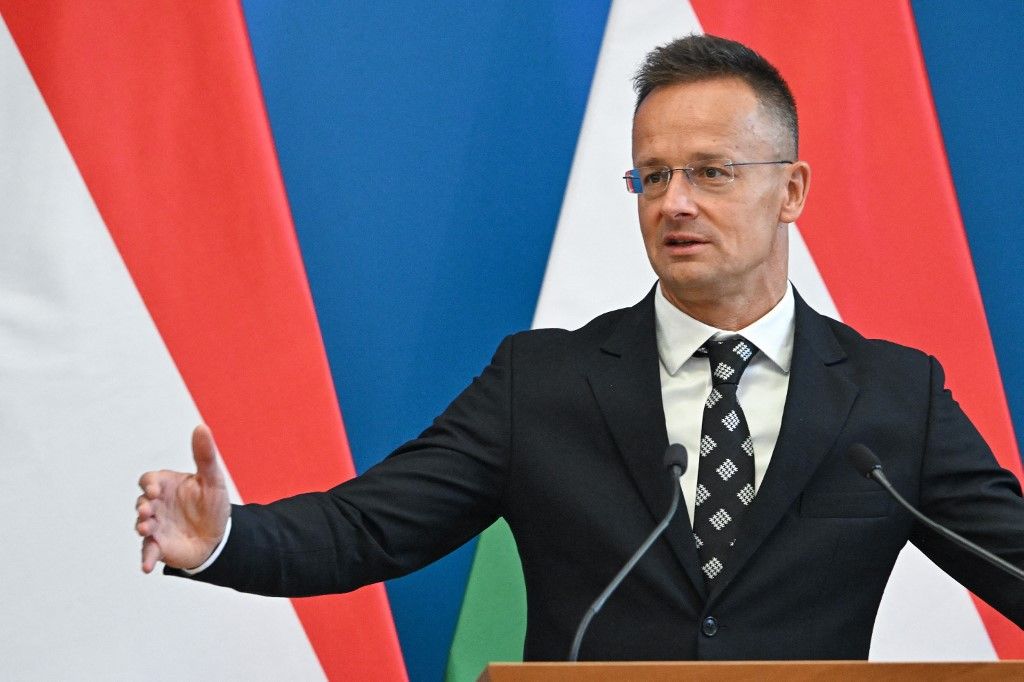
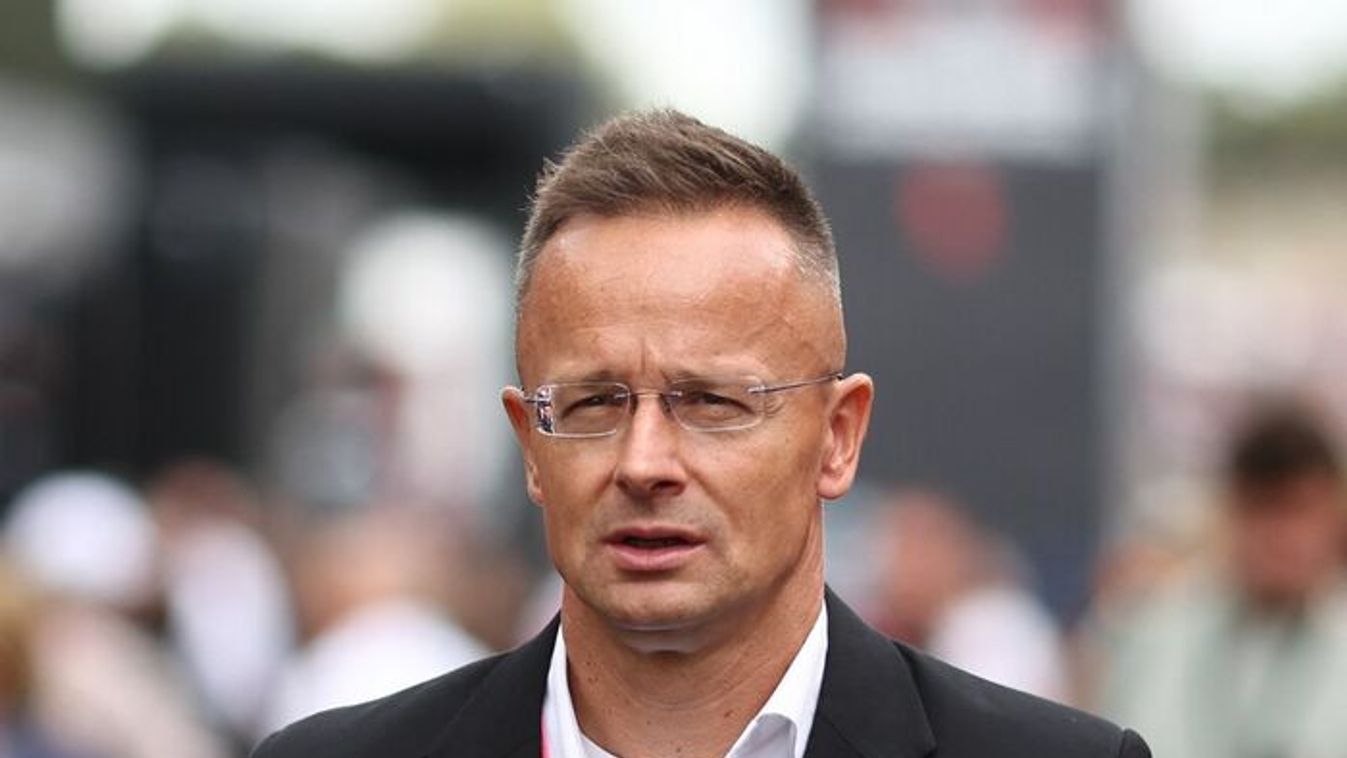





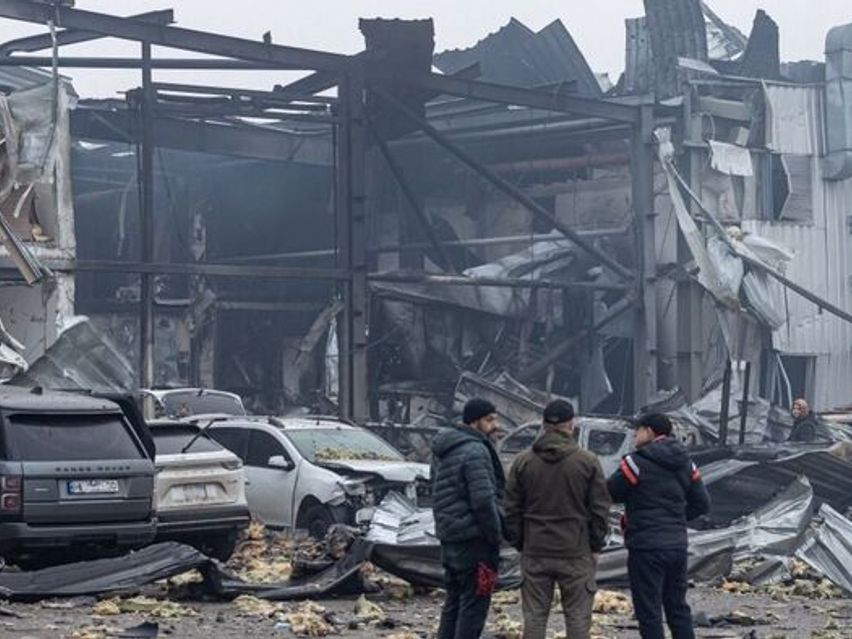
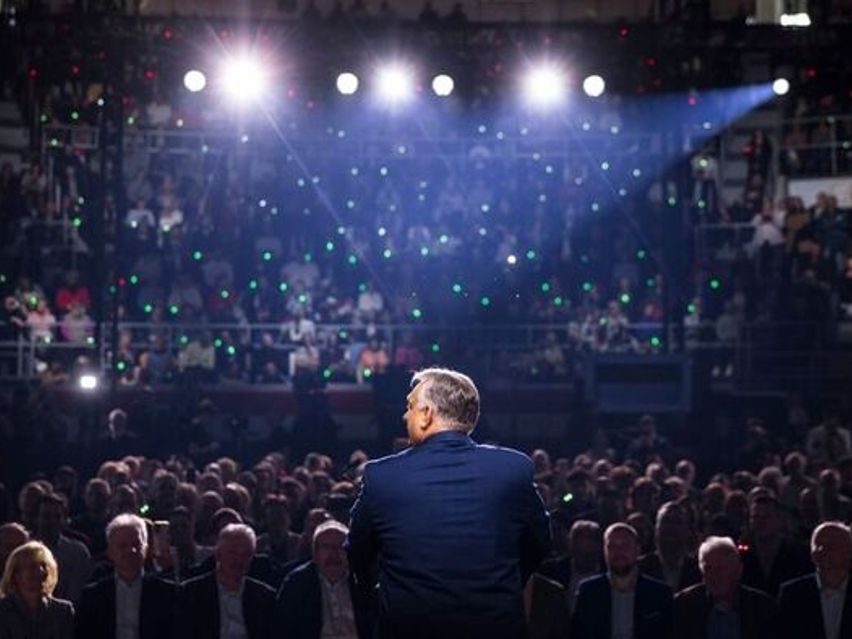
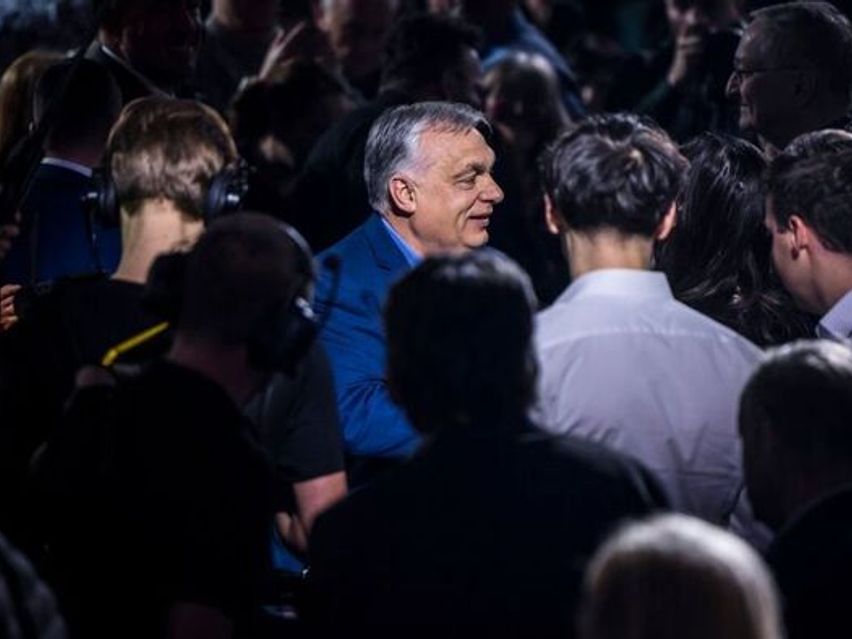
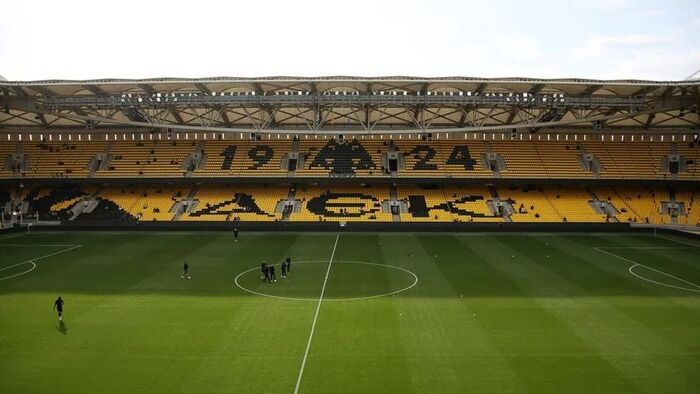

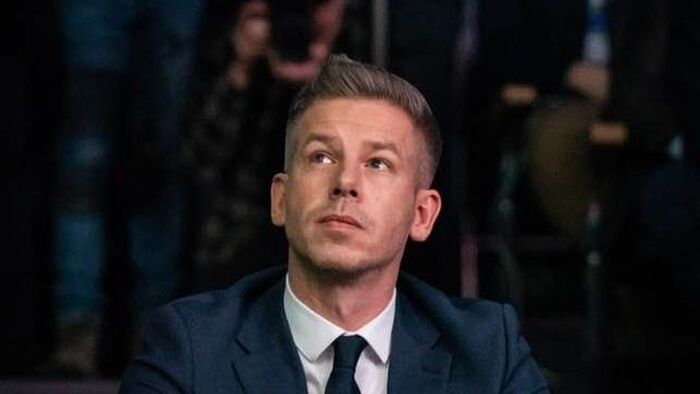

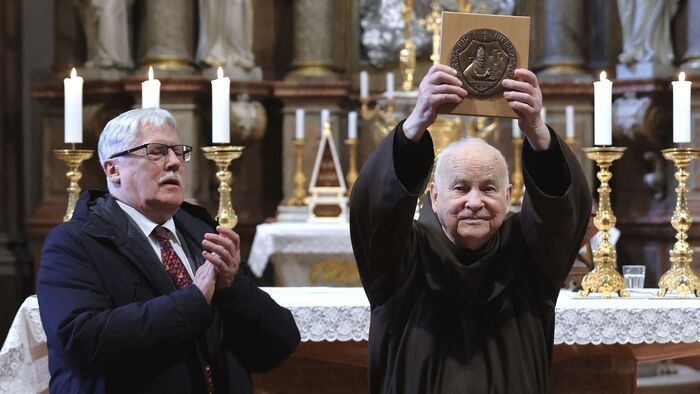
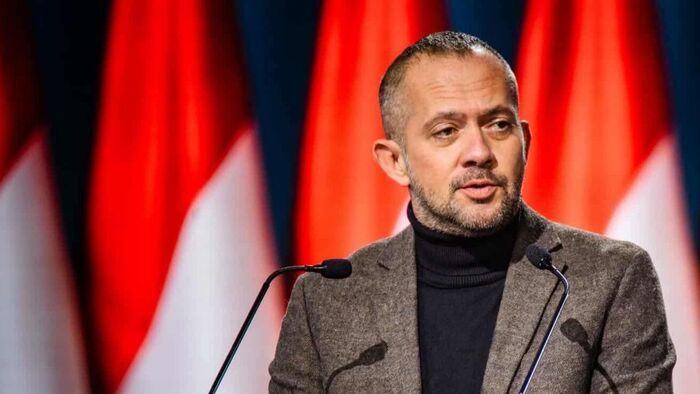
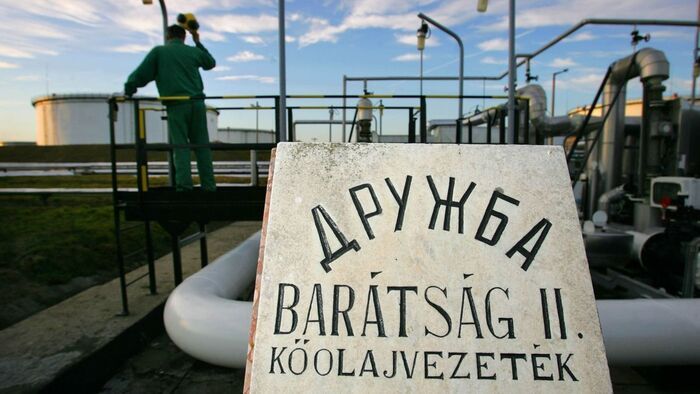
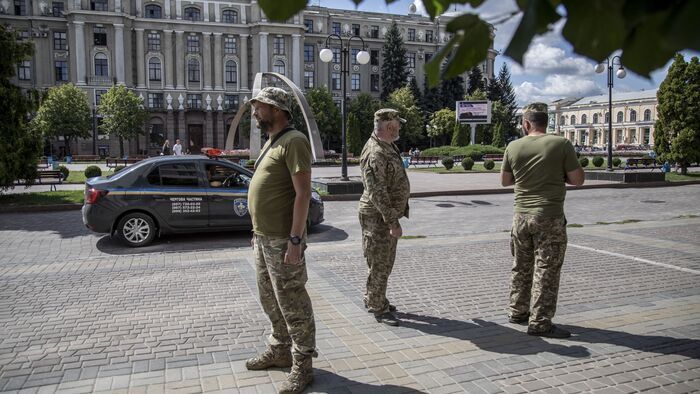
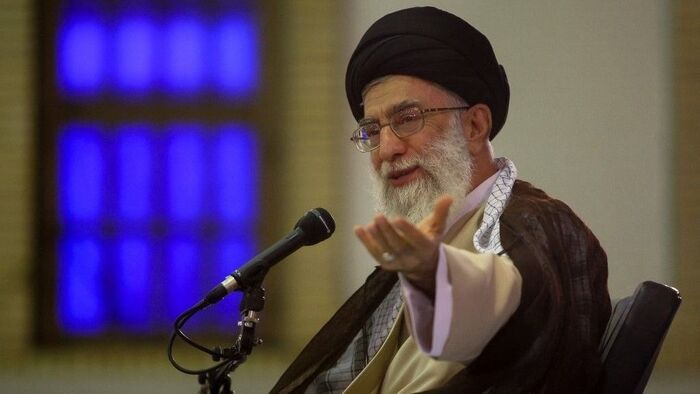





Szóljon hozzá!
Jelenleg csak a hozzászólások egy kis részét látja. Hozzászóláshoz és a további kommentek megtekintéséhez lépjen be, vagy regisztráljon!